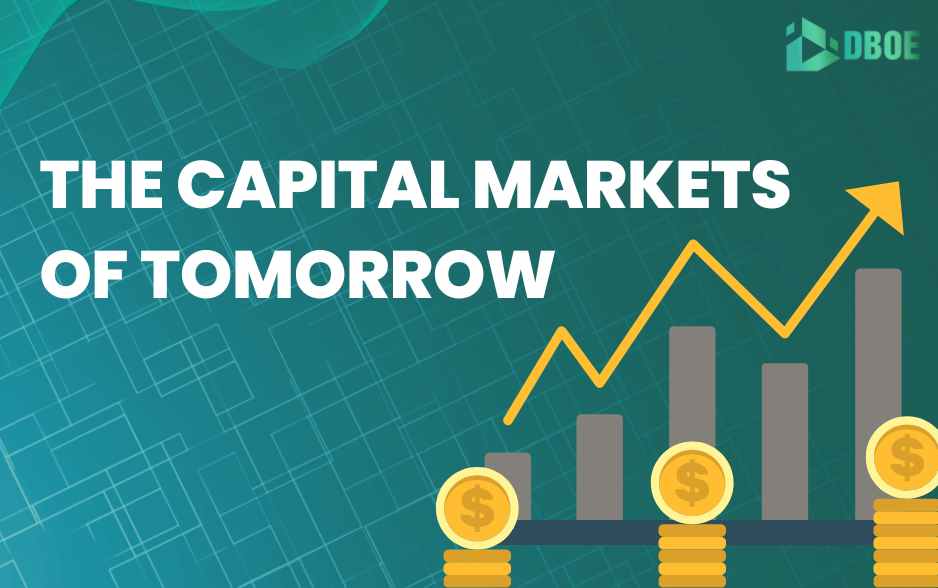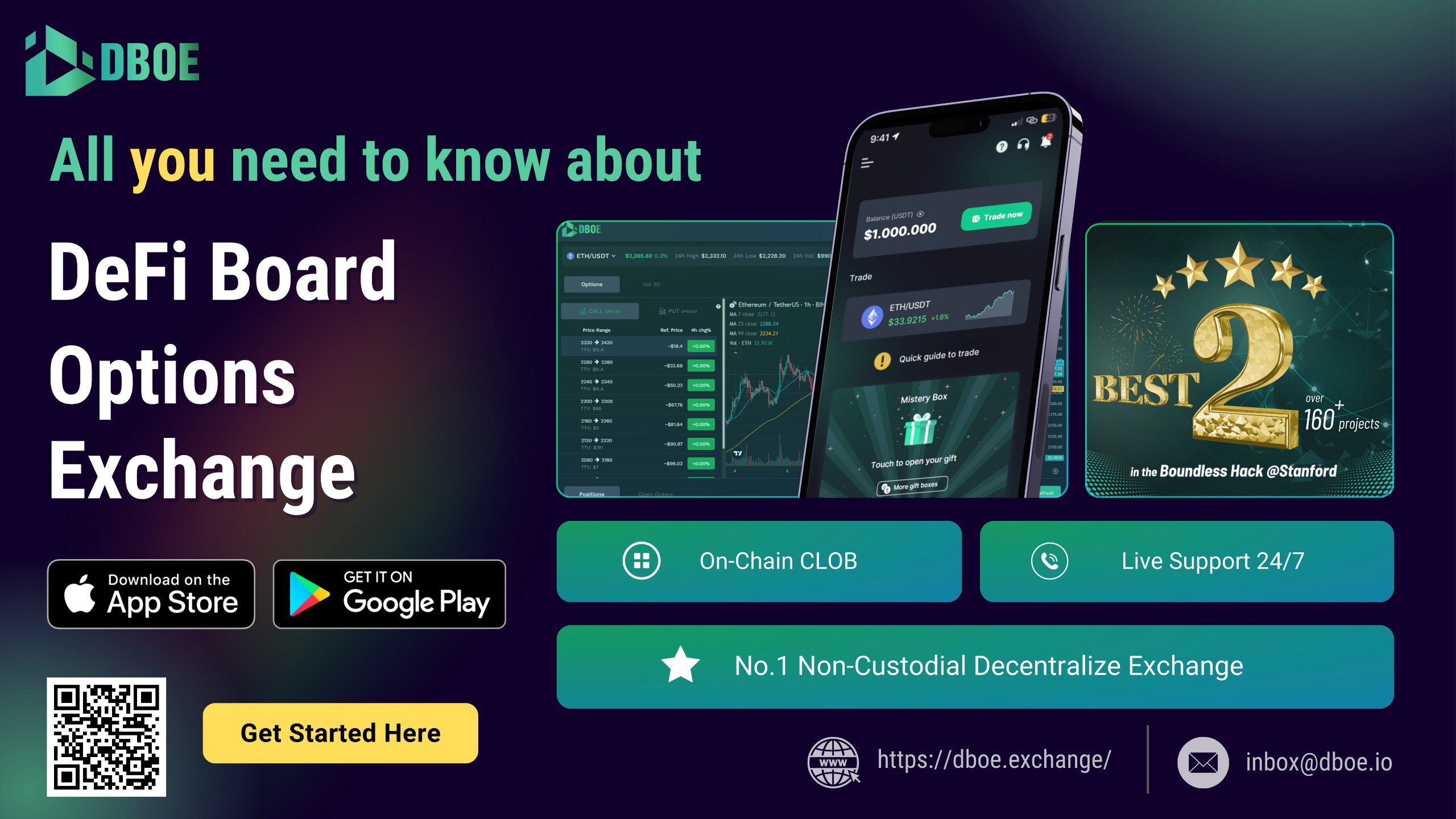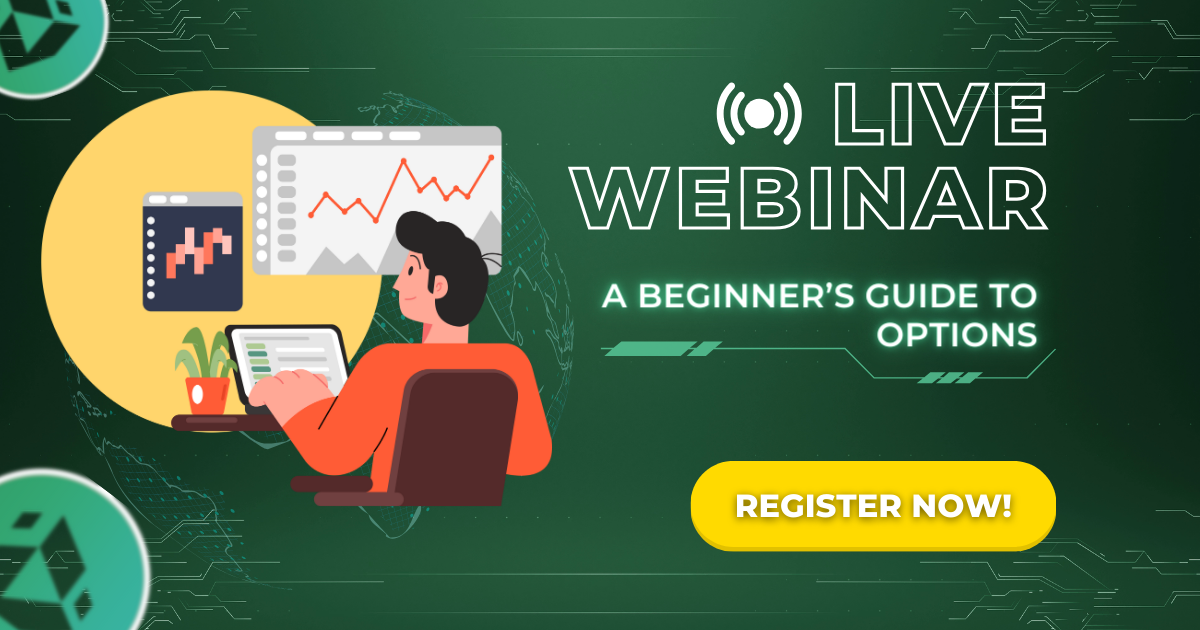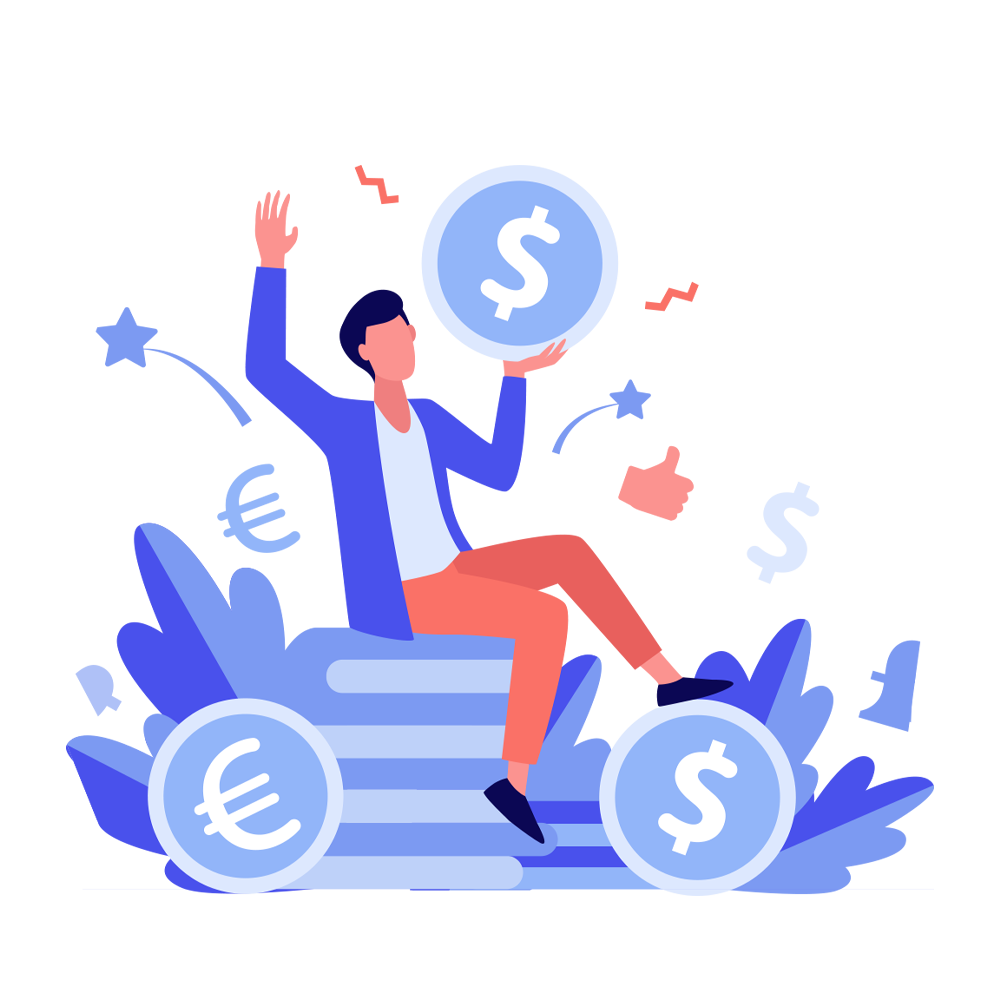Seriously, what is the deal with capital markets today?
Capital markets are natural monopolies operated by central governments and mega corporations. They are monolithic, because it is more efficient to have liquidity and control mechanisms centralised. They are batched, because they run on legacy systems and processes, mostly determined when trading of financial instruments was done by shouting directly into the face of a fellow trader, and the fastest form of communication was to put a small man on a fast horse.
The entire tradfi financial ecosystem, from daily treasury auctions to T+1 settlement runs on batch jobs, because of mundane things like sunlight, and waking hours, and the need to call another human being on the phone to work things out. Even markets like FX that trade round-the-clock do so by passing the trading book across time zones and physical locations.
Access to capital markets is closely guarded: to gain entry you need to be banked, brokered, and cleared. The intermediation between asset owner and the marketplace goes many layers deep, with each intermediary extracting its due percentage of flesh. But for all of the capital market’s regulation and paranoid control, very little prevents you from maxing out your credit card in buying yourself that beach holiday that you surely deserve, but cannot quite afford right now.
The way that capital markets work today is incontrovertible proof that we live in a rather strange and highly imperfect world. But the markets are surely changing just as technology progresses, and society evolves in response.
Technological Gamechangers
Three particular tech buzzwords have been used recently with the desperate fervour of a terminally-ill man spending his early insurance payout: Cloud, Quantum Computing, and Artificial Intelligence. But there remains a non-spurious correlation between buzzwords and actual gamechanging technology, so we examine them each in detail below.
Building castles in the aether
Running marketplaces in the cloud is by no means a fresh idea. Amazon has done it since the 2000s. For Google what is a search engine but a smart meeting place for people with questions and the webpages with the answers? The cloud allows marketplaces to transcend geographical boundaries, and free themselves from the ball-and-chain of data centre tenancy and complicated failover protocols. Cloud is the next level of abstraction for the infrastructural underpinnings of our modern society, and provides marketplaces with a piece of digital real estate upon which to establish their daily business. It has permeated the air in a invisible mist of computing power, easily accessible through the internet connectivity that is also ever-present in the aether.
Entanglements in the quantum realm
Despite a recent claim of the supremacy of quantum computers over classical computers, it is clear that we are still a number of years away from commercially-exploitable quantum computing. But already we know that certain applications other than cryptography will benefit tremendously from advances in quantum computing — chiefly tasks that would otherwise be too computationally expensive for existing classical computers to perform, like accurate weather modelling and financial forecasting (not that this has stopped us from trying, to varying but overall increasing levels of success using Artificial Intelligence). Perhaps it suffices to say that the promise of quantum computing has worried the Biden administration enough to issue a National Security Memorandum on the subject.
Artificially intelligent killer robots
Similar to the hype train in quantum computing, there has been increasingly speculative claims around the eventual sentience (actually, sapience) of Artificial Intelligence systems. The whole debate centres around whether AI can eventually achieve self-awareness, and in doing so would this sudden singularity of cold-blooded, hot-circuited machine intelligence precipitate a global disaster on the scale of the Cyberdyne God-AI of the Terminator movies. But perhaps before thinking of world domination and human extinction, AI would have to find wider acceptance first. There is still significant controversy surrounding even seemingly humanly-trivial things like driving cars. But AI is still generating many real-world applications in narrow, specialised fields that have proven it to be superior to human beings in pattern-recognition tasks. From chatbots to deepfakes to skin-cancer detection, the growing ubiquity of AI is perhaps just a sign of things to come.
A confluence of variables in the right place and time
Despite the uncertainties inherent in forecasting the future, it is clear that technological advancement drives human progress. From the industrial revolution to the digital age, it is obvious that the advancement of human society and the growing pace of evolution of our place in it has been driven by technology. Taken together, these new technologies of Cloud, Quantum Computing, and Artificial Intelligence will likely be the trifecta of variables that will continue to drive a change in how we engage the world, and especially for financial and capital markets that are innately human and social constructs.
Social Evolution on the Web
One might claim that we have an increasingly complicated and intimately entangled relationship with technology, particularly where it applies to social networks. Up until about a mere hundred years ago, human interaction was still very much analogue. To reach someone on the other side of the world (presuming that you even know this person exists), you would have to send a letter on the global mail network, or perhaps a newfangled (at the time) telegram that would still rely in part on the post office for last-mile delivery.
Technological progress may have outpaced biological evolution
But in a world where we are finding out that social media, while tremendously powerful and ostensibly free-to-use, comes at an undeniable cost to mental health. It could be that technology has enabled a revolution in the way we interact with other human beings that outstrips the natural speed of evolution of our brains. Living today are humans that have been in physical stamp collector clubhouses, and are now part of online stamp collector communities. The ability of the human mind to adapt to changing circumstances has so far proved to be quite amazing, moving from typewriters to Google docs in a single generation. But one wonders if a limit has been reached where our natural ability to retain a sense of self-worth has been completely suborned by the constant dopamine rush and instant feedback of posting on Instagram.
Web evolution or web revolution?
Web 1.0 was essentially the dotcom bubble. The rush of mega corporations into the online space, where webpages were hideously multi-coloured and functioned as mere information dumps to assure you that your favourite toothpaste manufacturer was inexplicably now a part of the digital age. Web 2.0 started with your grandmother’s recipe blog that you helped her to host on AltaVista, and gave rise to the era of user-generated content and online marketplaces to exchange that content. We are in the epoch of Web 2.0 now — the dominant services in our lives are all massive internet corporations like Facebook/Instagram/Meta, Google/Youtube/Alphabet, Amazon, and TikTok/Douyin/Bytedance.
In Web 3.0 — so far a concept mainly spewed across the collective human consciousness as liquid enthusiasm by “crypto bros” — is a further level of abstraction away from the internet-life that is currently controlled by the mega tech corporations. It envisions a future in which user data is controlled by the individual, and that mega corporations will be disintermediated and replaced by Decentralised Autonomous Organisations (DAOs) in a trustless and permissionless future society that lives predominantly on the Web.
The hard wall of reality in the web revolution
Even cryptocurrency exchanges, financial institutions born anew in the fires of the so-called Web 3.0 revolution, are now finding it politically expedient to seek regulatory home bases. And why not, for the 10X returns of the meme coins and NFTs e are surely as addictive as the physical substances of old. For now they remain mainly good, having ushered in a new age of wealth for the technologically-savvy. But as sure as death and taxes, major jurisdictions are now asking hard questions of this seemingly-unstoppable gravy train.
[Technological Progress] x [Web Revolution]
Predicting the future is a fraught business, replete with famous last words and wild speculation. That said, it does not take a big leap of imagination to consider the intersection of the main forces of change in human society today.
Technological progress has already precipitated the existence of 24/7, largely borderless online marketplaces — be they spaces where groceries are traded (Amazon Fresh), the price of online attention is discovered (Google Ads), or content moves from creator to consumer for a largely invisible fee (YouTube/TikTok).
The immediate reaction of human society has been to mostly embrace this new technology, but at a hidden cost; of seeking a new understanding of what it means to be exposed to the entirety of the online community all at once. A later, but arguably more power, reaction to this is the rising popularity of the relative freedom in which cryptocurrencies and NFTs can be created and traded.
So, it is perhaps obvious that the capital markets of tomorrow will have to incorporate both the technological improvements, and the reactions of society to it.
- Where capital markets were previously siloed and monolithic, they will fragment into the great aether of the always-available, always-online Cloud where almost anything can be bought and sold digitally.
- Where access to capital markets was previously fervently guarded by regulators and intermediaries with local laws, a new model of global regulation and gatekeeping will be created, likely powered by new applications of quantum computing and AI.
- Where capital markets were previously scope-limited by human waking hours and legacy ecosystems, they will be 24/7 and real-time. Your transactions within a specific bank’s central ledgers are already largely so, and we should see a shift of global finance and securities infrastructure to the same basis.
- There will be a new wave of disintermediation and reintermediation. Where old world business models (like consumer-paid brokerage commissions) are now dying out, a new breed of service providers (like robo-advisors) will rise to compete for not just the consumer dollar, but chiefly for the flow of consumer business.
- The empowerment of the individual’s control over its own data, privacy, attention span, and buying power will be a force to be reckoned with, but only as far as the new mega Web 3.0 corporations fail in gaining control over the consumer narrative. This is perhaps the most uncertain outcome of all this change — the rise of cryptocurrencies and NFTs is perhaps a very real symptom of the underlying desire of the individual to be free of restriction — but consumer desires are precisely what mega corporations have historically proven to be very good at exploiting.
It is perhaps quite a stretch to envision a future where everything and everyone is online, all the time in some sort of global hivemind, living predominantly in the cloud and powered by quantum AI infrastructure. But then again, if thirty years ago you told your grandmother that she would be a global internet home cook sensation on TikTok, she would have beaten the devil out of you with the ancestral rolling pin. And so, we live in rather strange world indeed.










